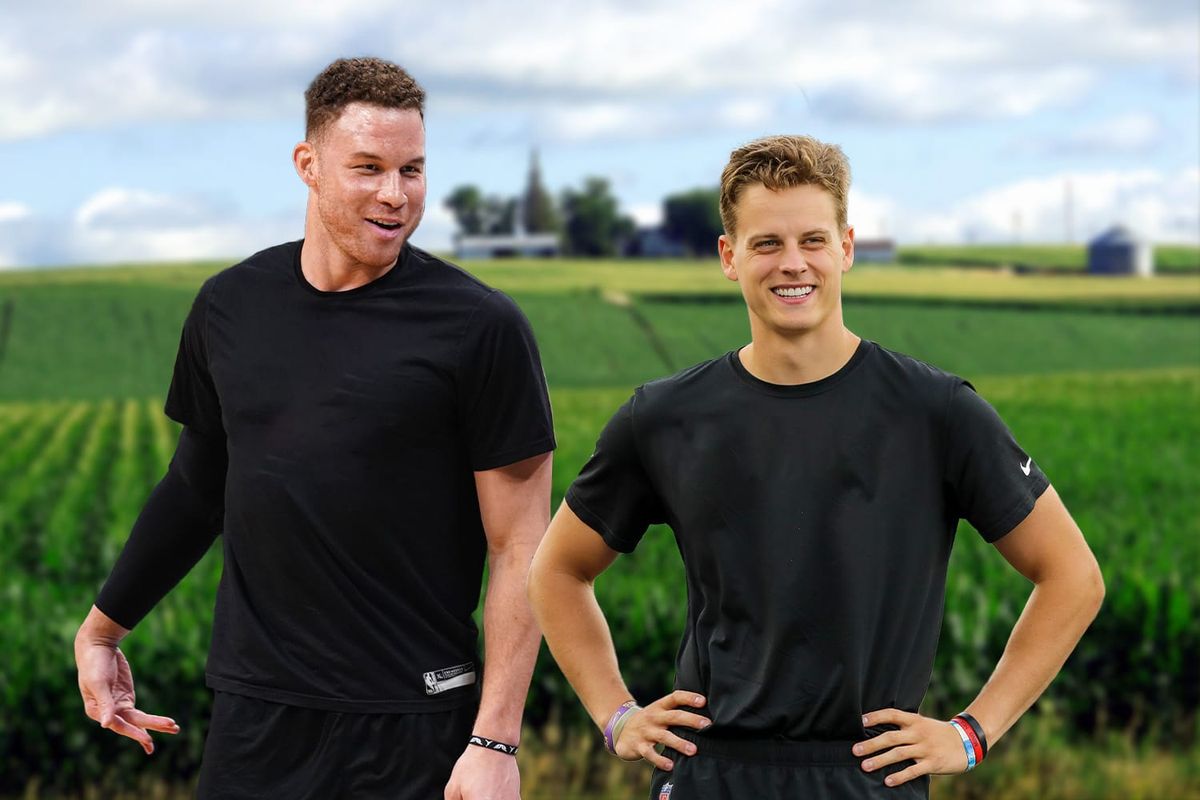More Athletes are Investing in Agriculture: Here’s Why.

In recent years, an increasing number of professional athletes have embraced agriculture as a means to broaden their revenue sources and contribute to a sustainable industry.
A recent example of this trend involves a group of renowned athletes who have joined forces to purchase a $5 million farm. Among the participants are Joe Burrow, the quarterback for the Cincinnati Bengals, Blake Griffin, a forward for the Boston Celtics, and Khris Middleton, a forward for the Milwaukee Bucks. Approximately two dozen athletes have come together to acquire a farm in Iowa, USA.
Patricof Co, an athlete investment platform, recently announced the acquisition of a 104-acre farm in northern Iowa that specializes in corn and soy production.
Investing in this farm presents several advantages for the athletes involved. Firstly, Iowa ranks as one of the leading states for soy and corn production in the nation. Moreover, investing in a farm can provide a reliable income stream while fostering a sense of purpose and connection to the land.
Middleton and Burrow are not the sole athletes who have chosen to invest in agriculture lately. For instance, Patrick Mahomes, the quarterback for the Kansas City Chiefs, has invested in a cattle ranch in Texas. Similarly, retired NFL player Kyle Rudolph has ventured into a dairy farm investment in Wisconsin.
These agricultural investments are not limited to NFL players; athletes from other sports have also shown interest. NBA player Chris Paul, for instance, has invested in a farm in his home state of North Carolina, where he cultivates sweet potatoes, peanuts, and cotton.
This growing trend can be attributed to several factors. Many athletes seek ways to secure their financial future beyond their playing careers. Additionally, numerous athletes are drawn to sustainable agriculture and aspire to make a positive impact on the environment.
Investing in agriculture proves to be a prudent decision for professional athletes, offering both a reliable source of income and a sense of purpose. As more athletes turn to agriculture to diversify their revenue streams and contribute to environmental well-being, this trend is poised to continue for years to come.
